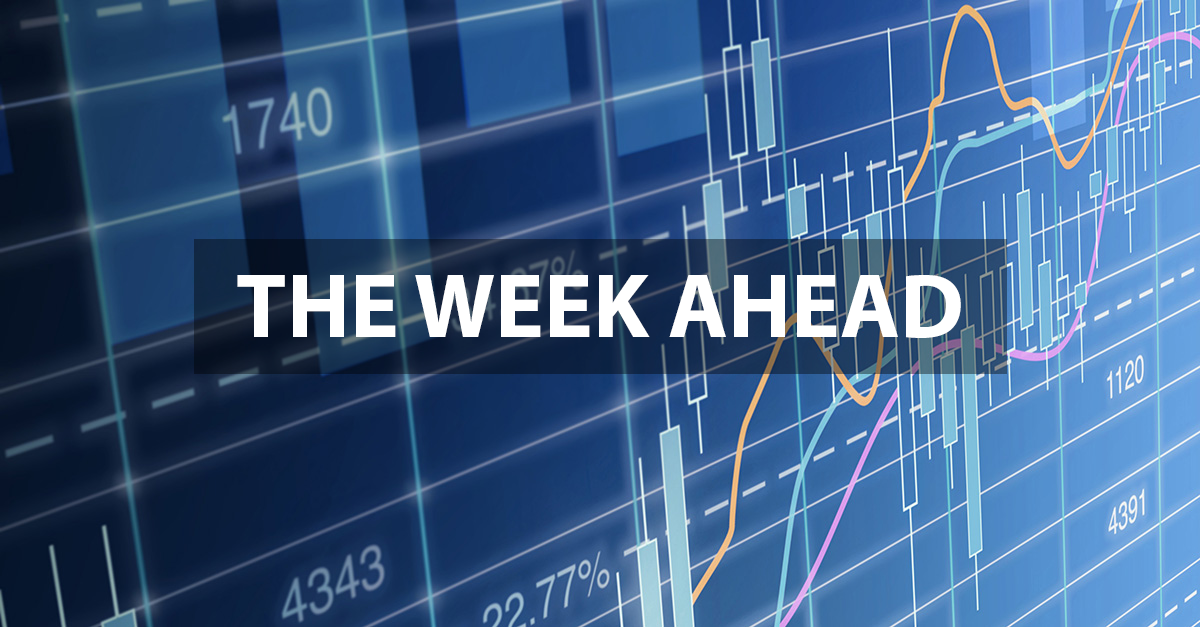Welcome to “The Week Ahead” where we take a moment to provide our thoughts on what we can expect in markets and the economy during the upcoming week.
What a game! Super Bowl LVI proved to be an absolute nail-biter. In the fourth quarter, the Los Angeles Rams took the ball down the field in 15 plays to score the winning touchdown. While there was still time on the clock, the Bengals quarterback was sacked in a fourth down turnover that sealed their fate, decisively giving the championship title to L.A.
Moving on to more sobering topics. Last week’s higher-than-expected Consumer Price Index (CPI) print led bond markets to reprice rate hike expectations. With the potential for a 50 basis point (0.5%) hike in March now firmly on the table, the 10-year Treasury rose above 2% for the first time in three years. However, Treasury yields fell sharply in a flight to safety immediately after the announcement from National Security Advisor Jake Sullivan, stating that the situation in Ukraine was becoming increasingly dire. This was clearly a risk-off event as stocks ended at their session lows, giving back much of the recent equity market bounce. While the U.S. and our NATO allies will not be defending Ukraine directly, a Russian invasion has the potential for high-impact – more to come as this story develops.
It has become clear we are in the midst of a wage-price spiral. However, with Covid-19 infection rates plunging, workers will feel more comfortable returning to the labor force taking some of the pressure off the tight labor market. Further, the U.S. has traditionally been a services-based economy. Currently, people are spending most of their pent up savings on goods, which is straining supply chains and driving up prices. With this (barring some new more contagious variant) being the last major Covid surge, we should be getting back to spending on services such as traveling and going out to restaurants again. This shift back to spending more on services will mitigate inflationary pressures. We believe inflation will settle down to a still elevated 4% annualized rate by the end of the year; moving down to 3% in 2023. However, with year-over-year headline inflation at 7.5%, the immediate pressure on the Federal Reserve (Fed) is for immediate action. We expect the Fed to start raising rates in March delivering five hikes this year, continuing into 2023 depending on economic data. Once the Federal Reserve accomplishes its goal of slowing inflation, assuming a recession is not required to do so, stocks will find significant support. Every central bank in the developed world wants to move away from the zero bound, so that they can deal with the next recession.
Besides the interviews with various Federal Reserve Presidents, this week’s calendar is full of information for markets. Housing starts likely slipped in January, although they are above long-term demographic demand. Building permits, which jumped in December, likely fell back. The Empire state manufacturing and Philadelphia Fed manufacturing indexes will probably suggest robust gains in activity. Despite the slowdown caused by Omicron, we estimate retail sales jumped +2.5% in January after slumping in the two previous months.
Data deck for February 14–February 18:
|
Date |
Indicator |
Period |
|
Feb 14 |
St. Louis Fed President James Bullard interviewed |
|
|
Feb 15 |
Producer price index |
Jan |
|
Feb 15 |
Empire state manufacturing index |
Feb |
|
Feb 16 |
Retail sales |
Jan |
|
Feb 16 |
Retail sales excluding autos |
Jan |
|
Feb 16 |
Import price index |
Jan |
|
Feb 16 |
Industrial production |
Jan |
|
Feb 16 |
Capacity utilization |
Jan |
|
Feb 16 |
Business inventories |
Dec |
|
Feb 16 |
NAHB home builders' index |
Feb |
|
Feb 16 |
FOMC minutes |
|
|
Feb 17 |
Initial jobless claims |
Feb 12 |
|
Feb 17 |
Continuing jobless claims |
Feb 5 |
|
Feb 17 |
Building permits (SAAR) |
Jan |
|
Feb 17 |
Housing starts (SAAR) |
Jan |
|
Feb 17 |
Philadelphia Fed manufacturing index |
Feb |
|
Feb 17 |
St. Louis Fed President James Bullard speaks |
|
|
Feb 17 |
Cleveland Fed President Loretta Mester speaks |
|
|
Feb 18 |
Chicago Booth School-New York Fed meetings |
|
|
Feb 18 |
Existing home sales (SAAR) |
Jan |
|
Feb 18 |
Leading economic indicators |
Jan |
|
Feb 18 |
Fed Gov. Christopher Waller speaks |
|



